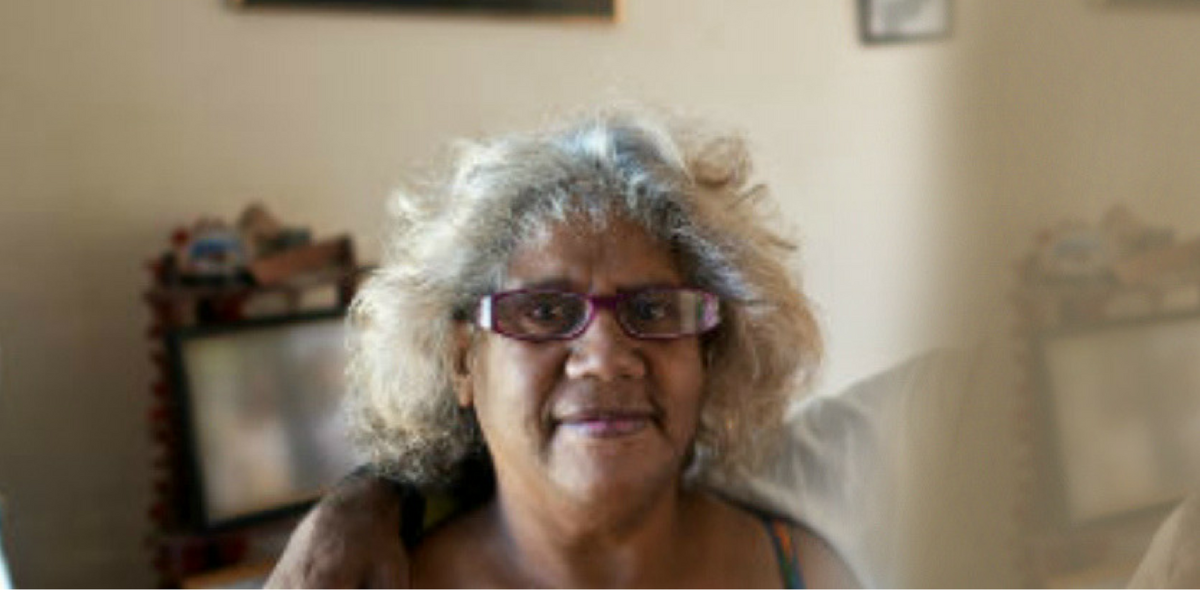Elder abuse has been defined by the World Health Organisation as ‘a single, or repeated act, or lack of appropriate action, occurring within any relationship where there is an expectation of trust which causes harm or distress to an older person’. Elder abuse can take various forms, including: financial, physical, psychological, emotional and sexual abuse, or neglect. No older person should be subjected to any form of abuse.
Elder abuse is never acceptable or justifiable.

My daughter and family moved in with me because they needed somewhere to live and I needed a carer because of my disability. My daughter and her husband didn’t have any credible renting history. I did, so I had the lease. They moved me out of the place I was in – where I had been comfortable for the last 8 years to a place suitable for us all to live. Anyway, I was only there for six months if that, not even six months, before my daughter and her husband started to get really bullying towards me.
![]()
Recognise behaviour that’s causing harm to you or an older person you know.
![]()
Listen to their story, let them know you understand what they are saying and how they are feeling.
![]()
Level of urgency. Is it an emergency? What are the threats? Is there a possibility of them hurting themselves or others?
![]()
Plan. If at risk, tell them you are concerned and call the Police. If it is not immediately serious, talk to them about a safety plan and where they could go for help.
![]()
Refer. Let them know you are there for them and help them find services.
![]()
Document. Keep a note of what you have done.

WSNTV is a community project to raise awareness, improve understanding, and take action to prevent family and domestic violence in the Peel region.
0437 351 812
peelsaysno@gmail.com
PO Box 1625, Mandurah WA 6210